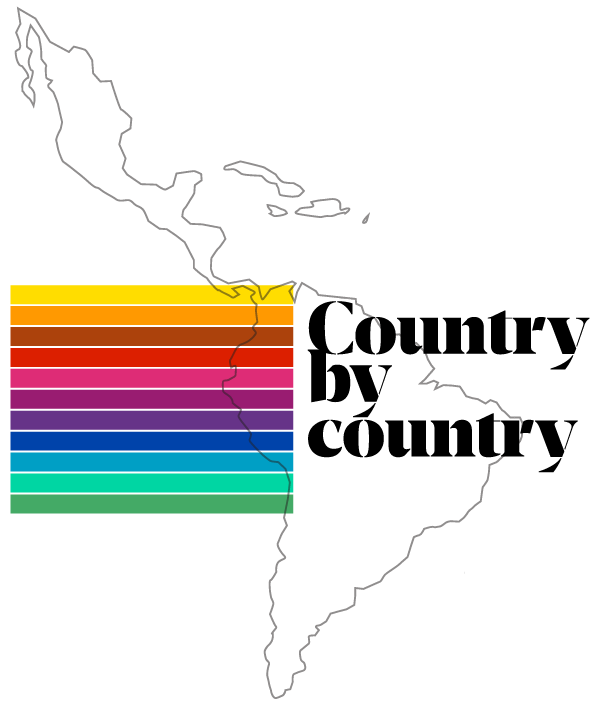
Innovation as public policy
In 2001, Argentina went through an economic crisis that later became an institucional crisis. A distinct civil society emerged from this situation, connected to institucional strengthening. Some big NGOs are launched at this moment and many young people study and receive training outside of the country. At the same time, the Peronist Néstor Kirchner is elected and the ‘clan’ remains in power for sixteen years. The last elections, in 2015, revealed a change in politics in the country. Marci, who is not a Peronist, was elected and a wave of political renovation occurred.
Though the current president, Macri, former mayor of Buenos Aires, is not a Peronist, he was elected with much support from Peronists. His political strategy focuses on political innovation. He has developed an agenda around implementing a new idea of a state made more efficient through a connected to technology.
To create an environment of innovation, he has invested a lot in new aesthetics for public areas, with buildings and repartitions that look like a Google headquarters. Beyond this, he stimulates in his secretaries and within the party a type of leadership that is close to the citizens, with attitudes like “Timbrero,” where they are incentivized to go door to door speaking to citizens every week. The chief criticism of Macri is the lack of a social agenda.
Some recent facts beyond not having a Peronist in power are the emergence the first digital party in Latin America, Partido de la Red, and the ‘Ni Una Menos’ mobilization which gave rise to a wave of feminism in Latin America.
Important: Peronism does not belong to a group, it is a political culture present in all of the parties. It intrinsically connects to the figure of the leader and to a ‘personalist’ behavior. It is so strong and deterministic that no ‘nonperonist’ president has been able to finish his term. Macri could be the first to break this tradition.

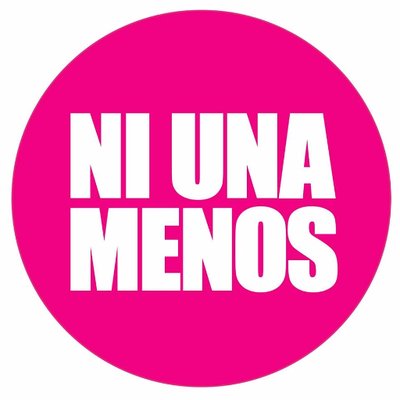
#NiUnaMenos
Feminist collective organized against sexist violence.
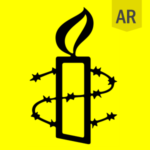
Amnistia Internacional Argentina
Global movement with more than 3 million supporters, members and activists, who work to protect human rights.
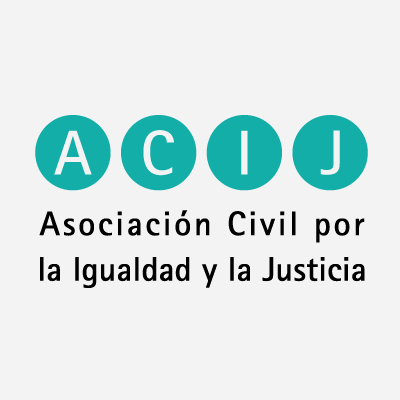
Asociación Civil por la Igualdad y Justicia (ACIJ)
The Civil Association for Equality and Justice (ACIJ) is a non-profit, non-profit organization dedicated to the defense of the rights of the most disadvantaged groups of society and the strengthening of democracy in Argentina.
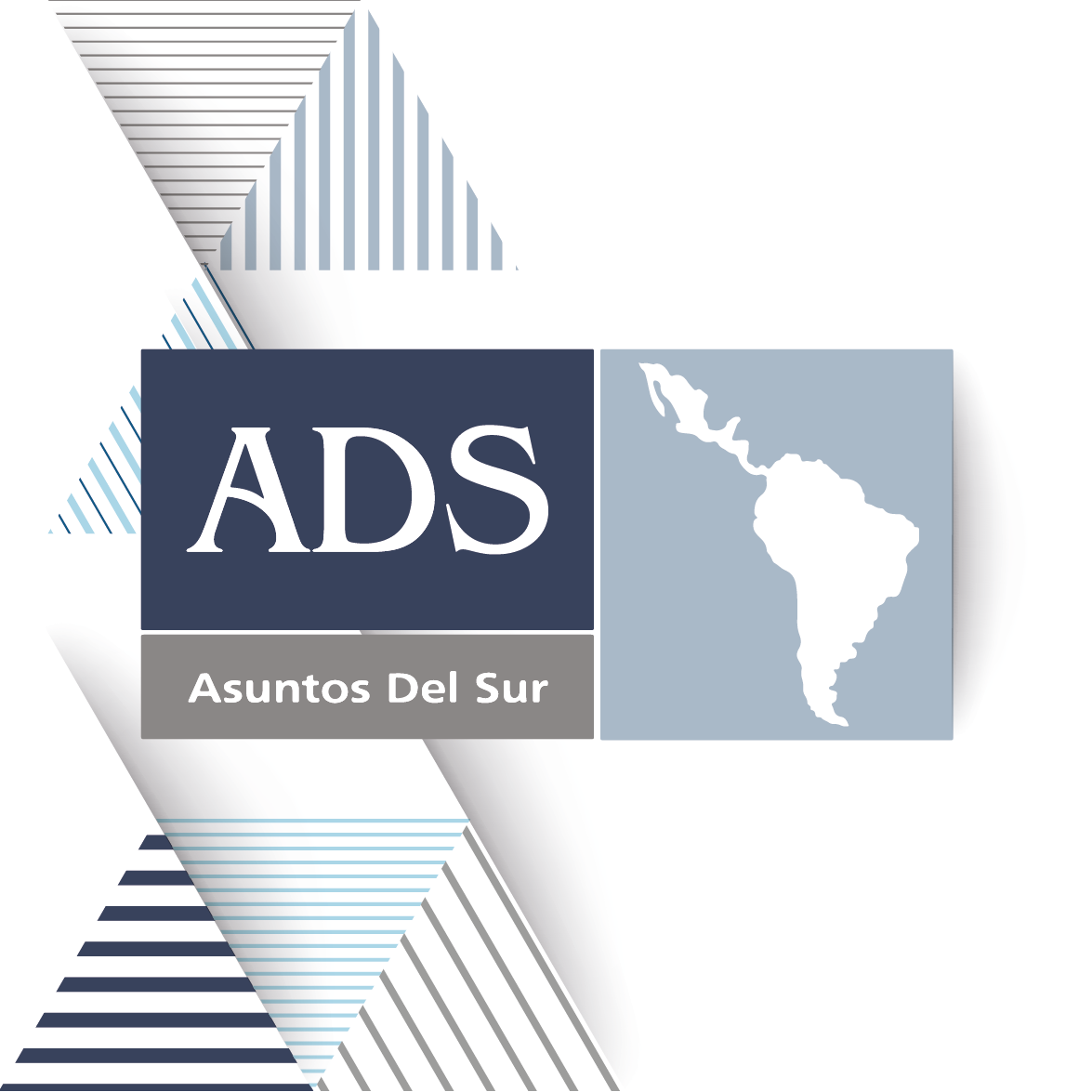
Asuntos del Sur
Latin American Think Tank, which discusses the various scenarios for the region, generating spaces for debate, reflection, research and proposals.

Chequeado
Non-partisan and non-profit digital medium that is dedicated to the verification of public discourse and the promotion of access to information and the opening of data.

CIPPEC
CIPPEC (Center for the Implementation of Public Policies for Equity and Growth) is an independent, non-profit, non-profit organization that produces knowledge and offers recommendations for building better public policies.
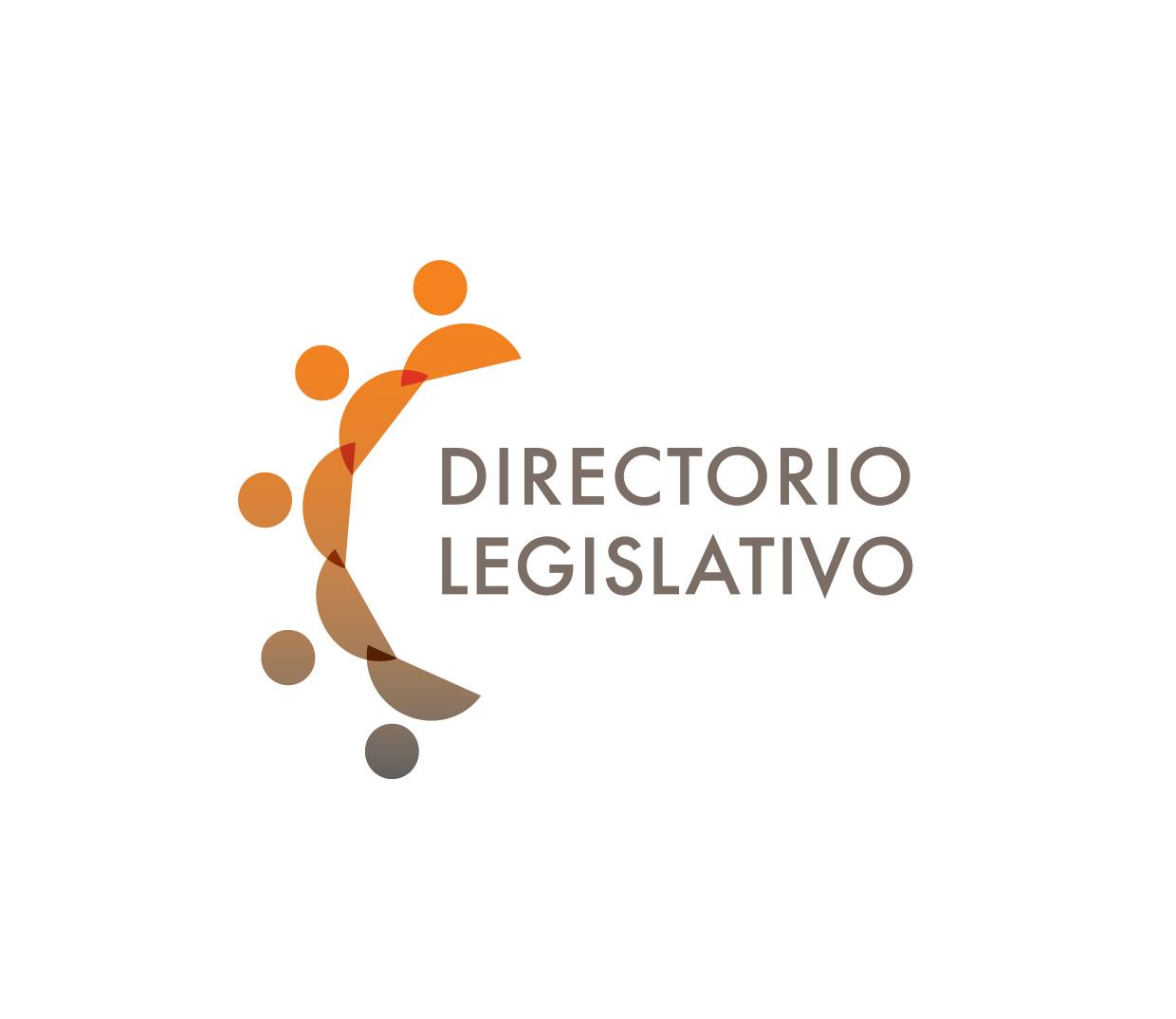
Directorio Legislativo
Non-partisan organization that promotes the creation of autonomous, flexible, democratic and independent spaces, through dialogue with various actors in the public, private, academic and civil society sectors.
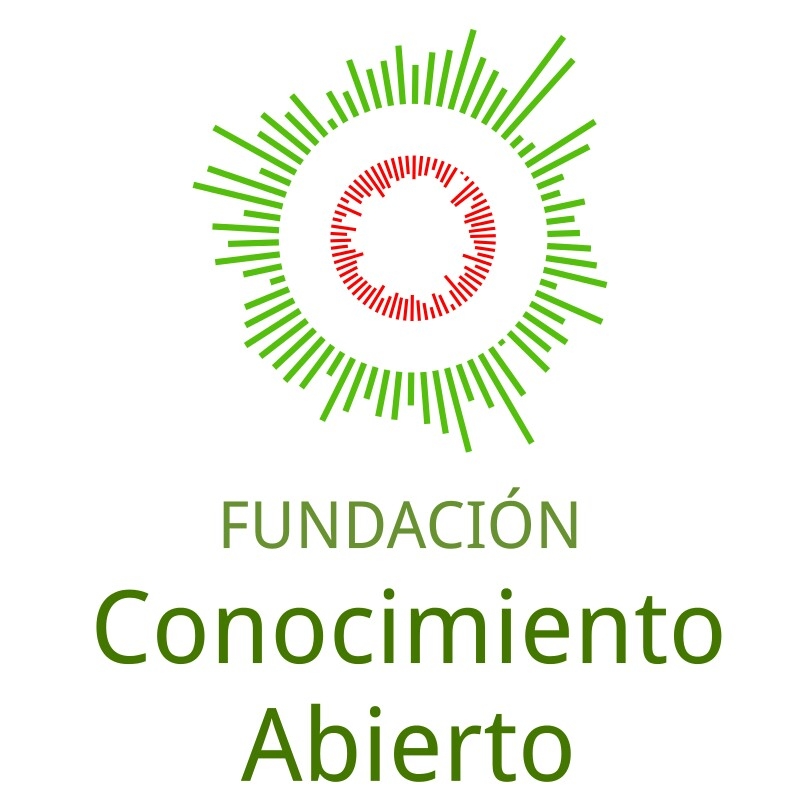
Fundación Conocimiento Abierto
Non-profit organization of Argentina for the Latin American region with the mission is to strengthen democracy by promoting open government, transparency, open data and access to information to enhance the quality of citizen participation.
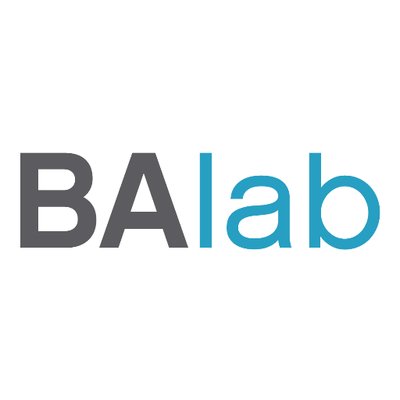
Laboratório de Gobierno de Buenos Aires
Public innovation laboratory of the Government of Buenos Aires.
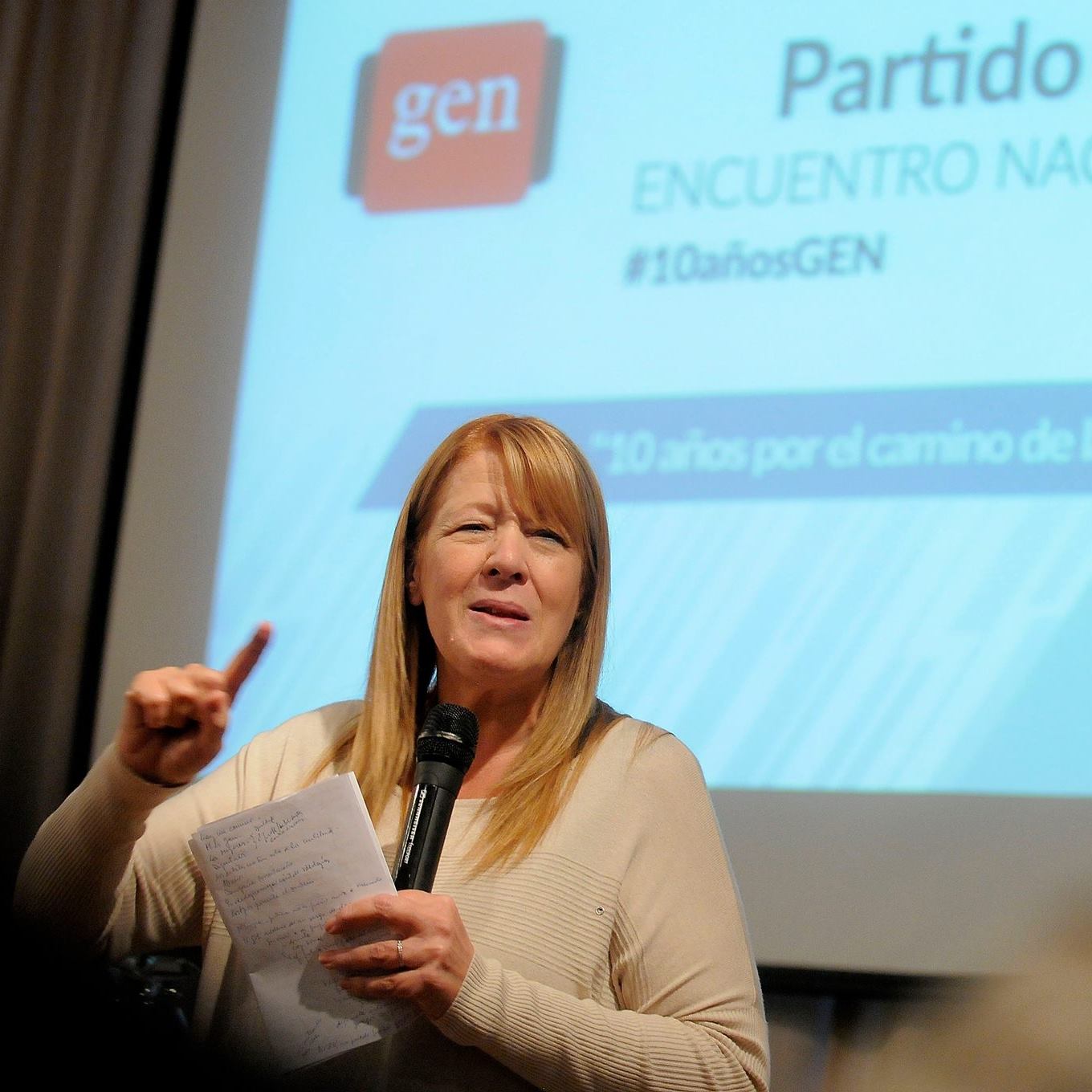
Mandato Margarita Stolziber
Mandate of the national deputy Margarita Stolziber, current candidate to Senator of the Nation by the front 1País.
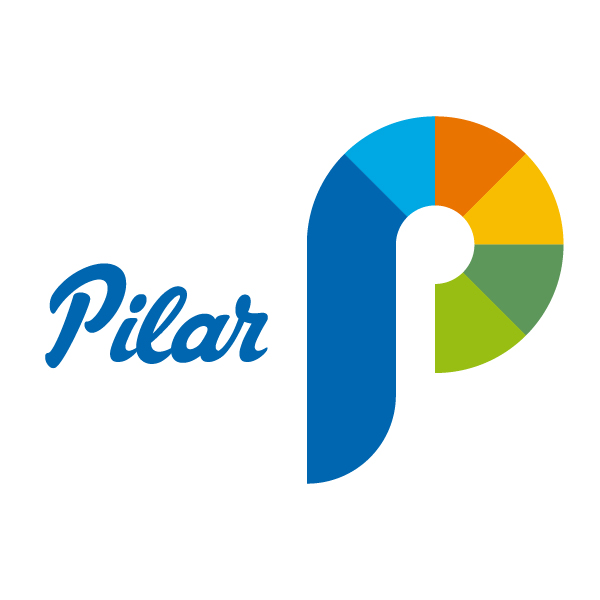
Municipalidad de Pilar
Municipal Government of the city of Pilar.
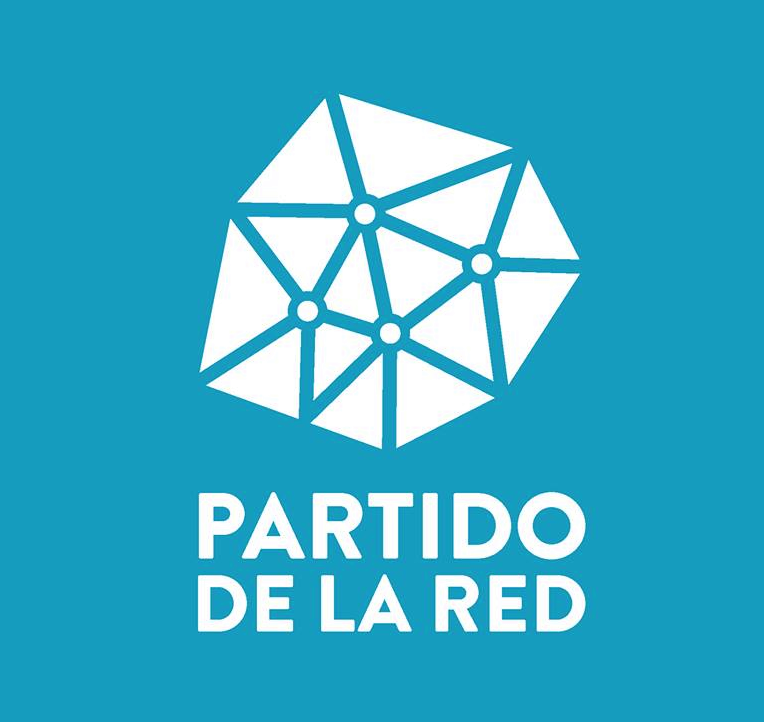
Partido de la Red
Political party that uses the internet to improve democracy.

Presidente Hendel
Artist who uses humor as a tool of political pedagogy.

Poder Ciudadano
Party and non-profit foundation created in 1989 as an initiative of a group of citizens concerned with the defense of civic rights.
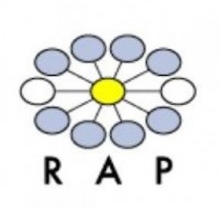
RAP – Red de Acción Política
Civil society organization that seeks to foster the generation of interpersonal trust links to develop dialogue skills among politicians from different parties, regions and levels of responsibility.
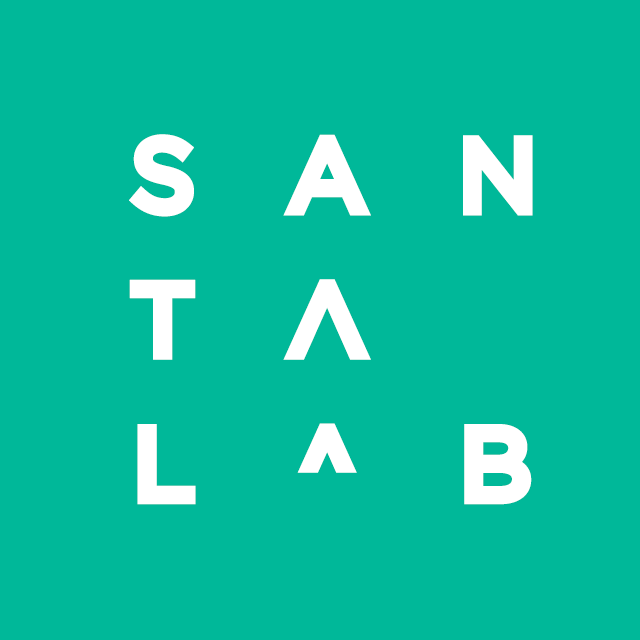
SantaLab
Laboratories of citizen innovation in Santa Fe, Argentina, working collaboratively for the urban empowerment of citizenship.
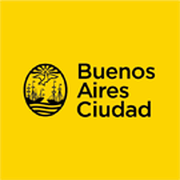
Secretaría de Atención y Gestión Ciudadana de Buenos Aires
Secretariat that promotes the active listening of neighbors, generating an interpretation of their demands and needs, to accompany them, measure the quality and satisfaction of the services provided by the Government of the City of Buenos Aires and communicate the results with proximity policies.
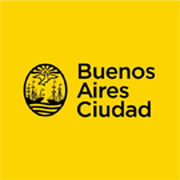
Subsecretaría de Gestión Estratégica y Calidad Institucional
Trabaja junto con la Secretaria General de Gobierno y Relaciones Internacionales en la identificación de cuestiones prioritarias y estratégicas de gestión con nuevas soluciones. De la misma forma, incentiva la innovación para buena gobernanza, a través de iniciativas con eje en la apertura de datos, participación del ciudadano y rendición de cuentas.

Wingu
Nonprofit organization that helps other industry organizations and Latin America strengthen their mission through innovative technology and methodologies.
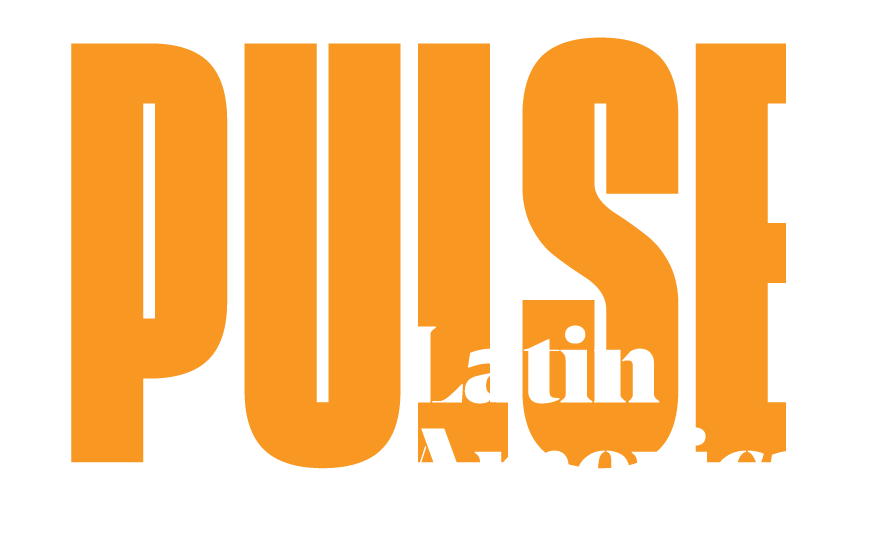
Logics and the vocation of the Latin American territory of the last decades. Get to know the political context that gives rise to a new moment and a new political identity that seeks to strengthen identities, rights and democracy.
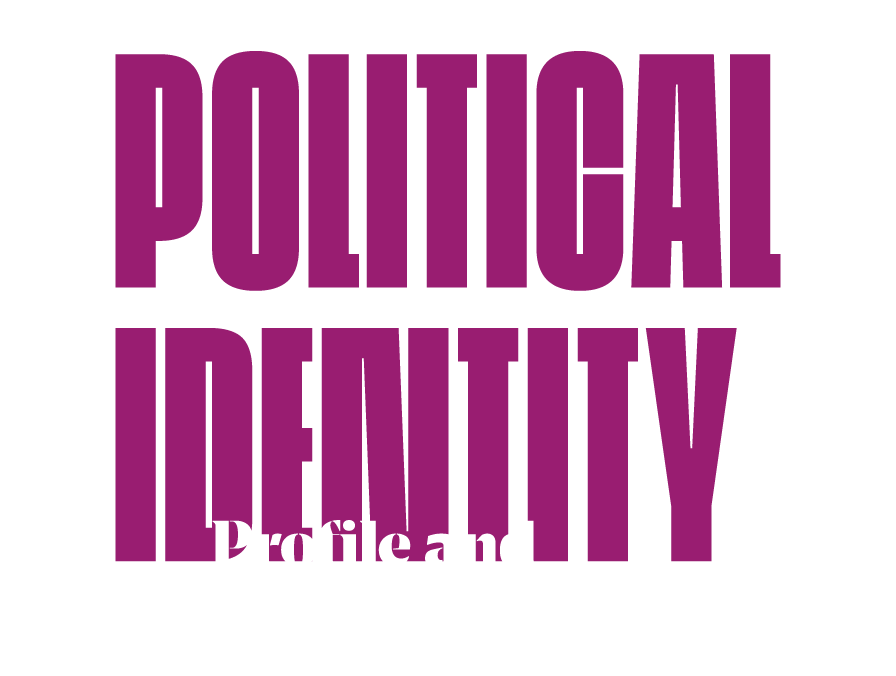
The rise of a new behavioral profile that shows a new way of thinking and doing politics in the latin american territories: its actions, strategies, principles and values.
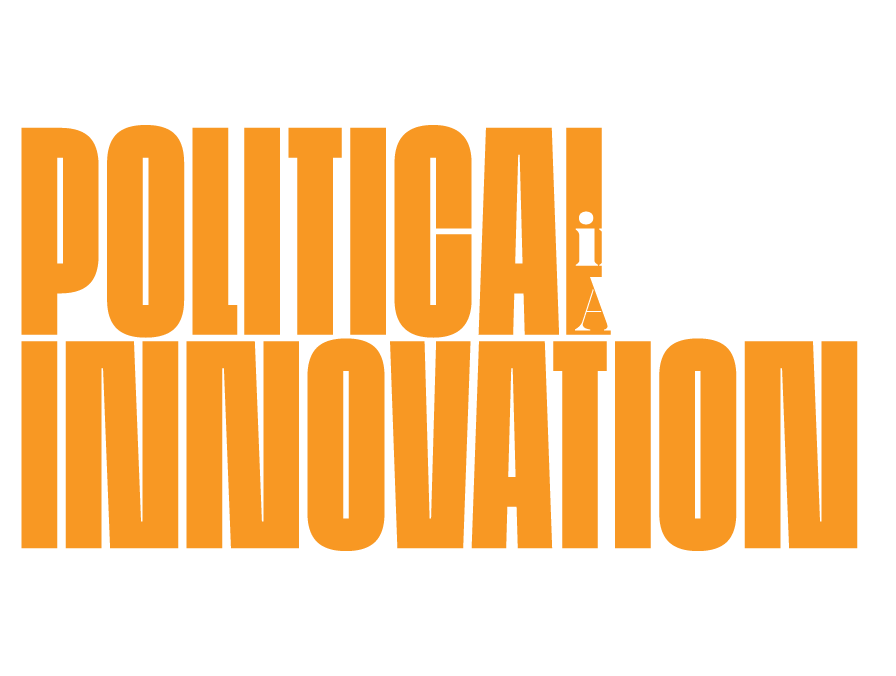
The political innovation definition of this context and its main challenges. Know the tools that this ecosystem use to get stronger and transform institutions and society.

